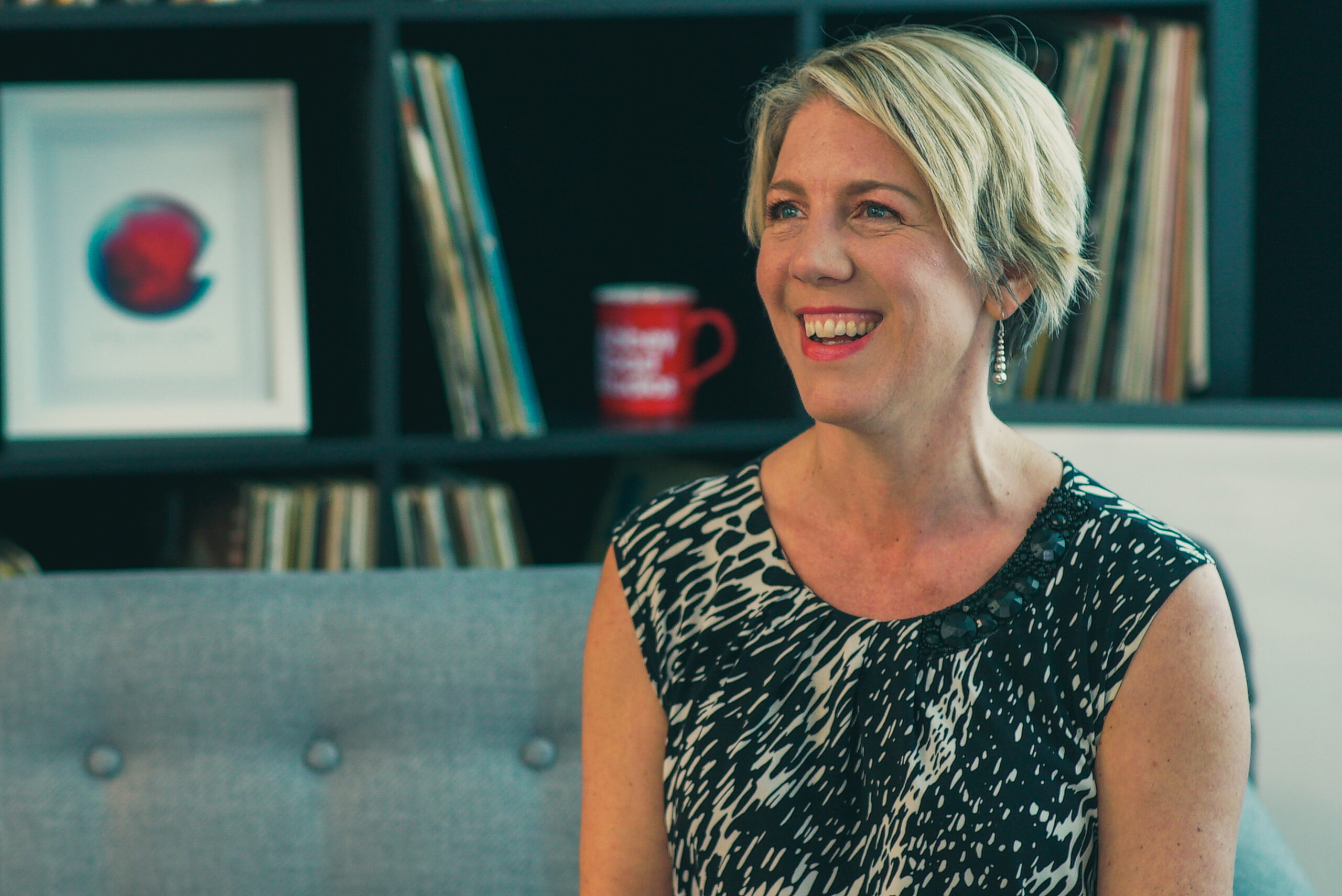
Most of us have, at some point, experienced the challenge of not being able to express ourselves effectively. That heart-sinking moment of knowing that we didn’t quite do ourselves justice. Or that annoying feeling when the point we’ve just made is brushed aside, only to be fervently agreed with when made by someone else.
In my work, I’ve met incredibly talented people who have not been able to progress in their careers because of a perceived lack of gravitas. This challenge plays out in pitches, salary negotiations, job interviews and redundancy consultations. Even more frustrating is when people are given feedback that they need to develop “more gravitas”, without enough constructive input on how to improve.
So what is gravitas, why is it an important leadership quality, can you learn it and if so, how?
What is gravitas?
Gravitas is usually understood to mean weight, seriousness, solemnity, dignity and importance.
The traditional view is that it’s a quality belonging to older, more seasoned leaders, whose gravitas has emerged, like a fine wine, over the years. However, today’s workplace is much more diverse. No one has the time to wait, and who wants to be serious all the time anyway?!
My definition of gravitas is the ability to command respect, get taken seriously and get your voice heard, all while retaining your authentic leadership style.
I believe that anyone can demonstrate gravitas at any time in their career, no matter what demographic they represent. It boils down to knowing yourself well enough to truly appreciate the value you bring, having the confidence to present yourself in the most compelling way and investing the time, when needed, so that you bring your best to the situations you’re in.

Why is gravitas an important quality for leaders?
Gravitas is a vital leadership skill, particularly in a competitive and fast-moving environment.
In a world full of change, instability and uncertainty, people turn to trusted leaders for guidance. Gravitas gives you credibility, keeps you calm and in control, and inspires people to follow your lead. It’s needed in order to communicate, collaborate, influence, and develop meaningful relationships.
Note that this doesn’t mean shouting louder or talking more than everyone else. My observation is that the more someone shouts, the less people listen. In fact, it’s often the people who listen carefully before making their point who have the most gravitas in the room.
Can you learn it?
To the ‘can you learn it?’ question, my response is a resounding YES, of course you can. But you do need a plan and you must commit to doing the work.
When I was at the start of my leadership career, I missed out on a promotion because someone believed I didn’t “have enough” gravitas. Years later, by this time, an executive coach working in corporates, I found myself being asked repeatedly: ”What is gravitas and how can I develop it for myself?”. That’s when I set out to decode it, and now share my findings with the world.
In my research I examined the characteristics that leaders with gravitas share in the 21st century, characteristics that you can emulate if you are looking to develop your gravitas.
One of the first things I realised is that gravitas is defined not by how you see yourself, but by the perception of the people around you – your audiences – and so it up to them to decide whether you have ‘it’ or not. That being said, although gravitas, like beauty is in the eye of the beholder, the extent to which people see gravitas in you is within your power to determine. If you feel worthy of people’s attention and respect, you will be more likely to receive it.
Can you develop gravitas or is it innate?
As part of my research I found that there is no ‘one size fits all’ model of gravitas, that it encapsulates a multifaceted array of qualities and that, in describing it, people tend to value the qualities that they see, or would like to see, in themselves.
I also found that some develop it over time and others have it naturally. Compare, for example, two employees at a City law firm, one of whom has gravitas with polish – impressive credentials and a powerful ability to command attention, and the other, who has none of the trappings, but an inherent ability to state the facts persuasively and with impact. Both have gravitas, both express it in very different ways.
It’s rare for people to be born with gravitas. Even a great orator such as Winston Churchill said he worked hard to overcome a speech impediment early in his career, while Margaret Thatcher took advice from Laurence Olivier and a voice coach to help project more personality into her speeches.
Today, gravitas is a business skill you can develop, just like any other. And you don’t have to be an extrovert to have gravitas. I’ve worked with thousands of leaders, including many introverts, and can absolutely assure you that everyone can learn, practice and improve upon their gravitas, no matter what their starting point, how reflective or expressive they are or where they are in their career.
You may wonder how great speakers manage to make it look so effortless. The answer is practice. The late Steve Jobs devoted weeks to prepare for his keynotes and was reported to have spent four hours rehearsing a small section of a presentation. When people say to me that I look relaxed on stage and that I make it look so easy, I’ll often reply that it’s taken a lifetime of hard graft to get to where I am and a lot of work to be this spontaneous!
How to develop gravitas for yourself
If you want to develop your own gravitas, my recommendation would be to dedicate some time to introspection. At a fundamental level, I’ve found that leaders who possess this important quality have prioritised exploring who they are, and their unique purpose and direction in their organisation and life. Whether corporate or community leader, entrepreneur or business owner, leaders with true gravitas look beyond their immediate horizon to the world on a wider scale and are willing to make a contribution that is beyond personal gain, working towards what they believe in without getting carried away by their own personal agenda. At the heart of gravitas is a sense of purpose.
I would also encourage you to focus on the subtle changes in your communication style that will take you from good to exceptional. In addition to possessing strong foundations, I’ve found leaders with gravitas have the ability to communicate with conviction, earning the admiration of others through their actions, words and ability to listen. This conviction gives them a certainty which inspires others: they know what they are there to achieve, their line of sight is focused on a compelling future and, as such, they ‘walk their talk’. For them gravitas reflects who they are on the inside, rather than how they think they should look to fit in.
In addition to a clear purpose and conviction I found that leaders with gravitas share a number of internal qualities that reflect their inner beliefs and values and personal identity, complemented by external qualities that determine how they present themselves to the outside world and are experienced by others.
In my Leading with Gravitas book and programme, we explore these qualities in turn, focusing on the practical steps you can take to define your unique gravitas and express it at work. In developing your gravitas and actively cultivating your leadership you will begin to define your unique purpose. This knowledge and skill will enable you to command respect, build loyalty and inspire trust, so that you can make a fundamental difference in your business and the world.
What next?
Discover your gravitas profile in 10 minutes, using Antoinette’s online tool. Try it now
Buy the book: Leading with Gravitas
Contact us to commission a full programme, masterclass, keynote, coaching programme, or attend Antoinette’s next open course.

About the author
Antoinette Dale Henderson is a leadership coach, speaker, and author specialising in executive presence and gravitas. With over 25 years in communications, she empowers leaders to increase their influence and impact through her Gravitas Programme and best-selling books, Leading with Gravitas and Power Up.


